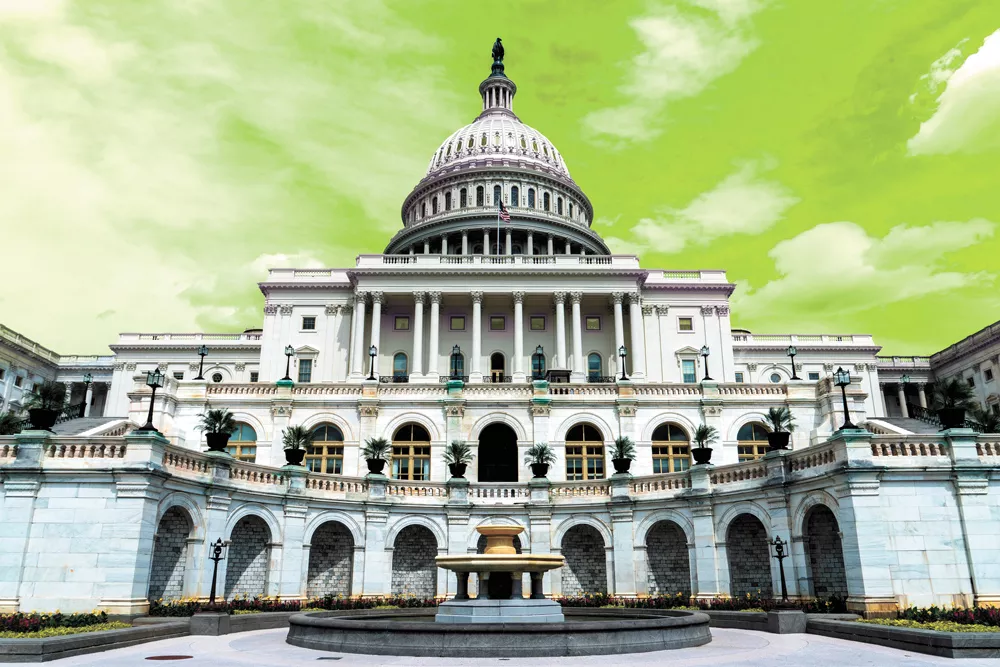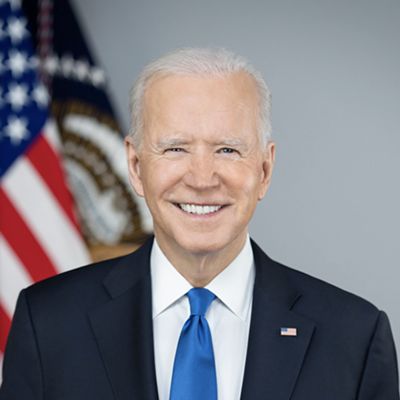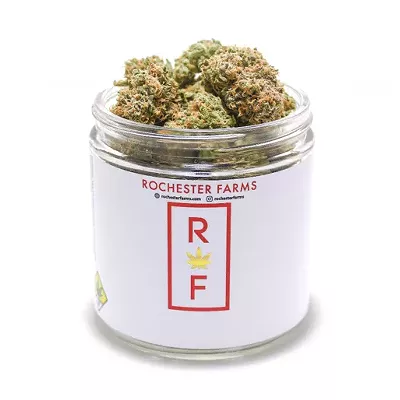On Sept. 24, 1970, the U.S. House of Representatives overwhelmingly passed the Controlled Substances Act. With it, cannabis was listed as a Schedule I drug, making it as illegal as heroin, MDMA, LSD and others.
In September 2020, the House will vote to undo the action they took during this month 50 years ago.
Majority Whip Jim Clyburn sent an email, first reported by Politico, on Friday, Aug. 28, to members of the House indicating that the Marijuana Opportunity, Reinvestment and Expungement (MORE) Act would be on the September docket. The MORE Act would deschedule cannabis federally, effectively legalizing the drug at the national level — though individual states could still choose to prohibit it within their own borders.
Initially introduced in July of 2019 by Rep. Jerrold Nadler, the MORE Act has since worked its way through the corridors of Congress in a historic way. When the MORE Act received approval from the House Judiciary Committee last November, it marked the first time that a bill to legalize cannabis had ever moved forward through a congressional committee.
This month should bring another congressional first, with the House set to become the first chamber to ever take up a vote on federal legalization.
"A House floor vote will put our federal lawmakers on record," Paul Armentano, deputy director of the National Organization for the Reform of Marijuana Laws (NORML), says in a statement. "We will know who stands with the majority of Americans in supporting an end to the failed federal policy of marijuana prohibition, and equally importantly, we will know [who] in Congress wishes to continue to threaten the freedom and liberty of the millions of Americans who reside in states that have enacted common-sense alternatives to cannabis criminalization."
That's likely where the history making will come to an end though, as the MORE Act is expected to stall out in the Republican-led Senate along with numerous other pieces of cannabis-reform legislation. Unlike most of those smaller bills, the MORE Act will outright end federal prohibition. Moreover, its lead sponsor in the upper chamber is none other than Sen. Kamala Harris, the Democratic nominee for vice president.
In the end, the MORE Act isn't likely to legalize cannabis nationwide. But it has, more than any legislation that has come before it, forced Congress to truly wrestle with the proposition. ♦





















